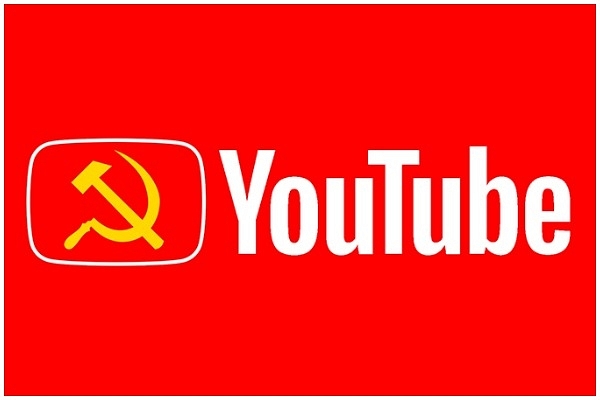
YouTube Has Been Deleting Comments Critical Of Chinese Communist Party For 6 Months, Calls It An ‘Error’ After Outrage
The Verge has said in its report that it has found evidence to prove comments critical of the Chinese Communist Party were being deleted as early as October 2019.
The world’s most widely used video-sharing platform, YouTube, has been automatically deleting comments — Chinese-language phrases — critical of the Chinese Communist Party (CCP), tech news portal The Verge has reported.
Amid complaints of censorship and outrage on Twitter, YouTube released a statement calling it an ‘error’ and saying that it is ‘investigating’ the issue.
However, observers have said that this is unlikely to be an error — it has been happening for at least the past six months.
The Verge has said in its report that it has found evidence to prove comments critical of the CCP were being deleted as early as October 2019.
“Comments left under videos or in live streams that contain the words “共匪” (“communist bandit”) or “五毛” (“50-cent party”) are automatically deleted in around 15 seconds, though their English language translations and Romanized Pinyin equivalents are not,” the portal’s report reads.
While the term “共匪” is used as an insult and “dates back to China’s Nationalist government”, the phrase “五毛,” (or “wu mao”) is slang used for “internet users paid to direct online discussion away from criticism of the CCP”.
Isaac Stone Fish, a journalist and a contributing columnist for Washington Post Global Opinions, said on Twitter last evening that he tested it “by writing ‘I support the 五毛’ (Chinese slang for a paid internet Pro-Party troll) on this Global Times video”.
“I wrote it three times” and it was deleted in “less than 30 seconds,” he said.
This is not the first time that Google-owned YouTube has been accused of censoring comments critical of the CCP, which now stands accused of hiding information about Covid-19 outbreak and, consequently, aiding its spread to the world.
A popular channel on the video platform, China Uncensored, has claimed that most of its videos critical of the CCP are demonised by YouTube.
YouTube’s war against comments critical of the CCP was puzzling, many observers said on Twitter, because the platform is currently banned in China.
In 2018, reports said, Google, which owns YouTube, was secretly working on a “censored search engine for China that will filter websites and search terms that are blacklisted” by the CCP.
In 2019, Google's vice-president of public policy, Karan Bhatia, had confirmed that the company has abandoned the project, which was codenamed ‘Dragonfly’.
Google had shut down its Chinese search engine in 2010.
Other tech giants, such as LinkedIn and Facebook, have also been accused of censorship aimed at pleasing Chinese authorities and the CCP.